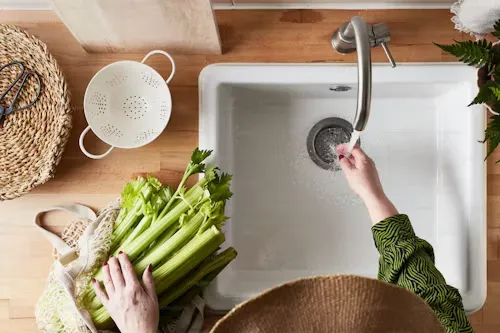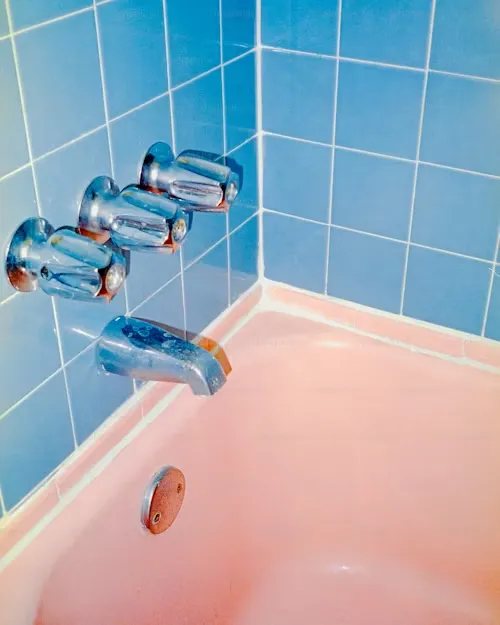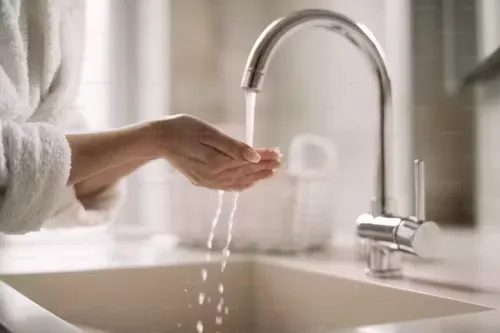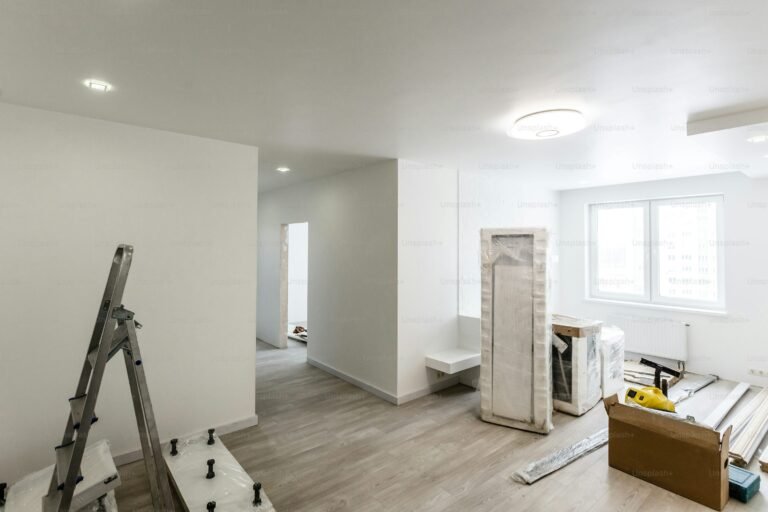No Hot Water in House: Troubleshooting and winter season Solutions in 2024.

Having no hot water in the house can be frustrating and disruptive, especially when it comes to daily activities like taking showers or doing the dishes. Whether it’s due to a malfunctioning water heater, plumbing issues, or even a blown fuse, the causes of this problem can vary. In this article, we will walk you through common reasons for having no hot water, how to troubleshoot, and possible solutions to restore your hot water supply.
Causes of No Hot Water in House
Understanding why there’s no hot water in the house is the first step in fixing the issue. Here are the most common causes:
1. Water Heater Problems
The most frequent cause of having no hot water in the house is a malfunctioning water heater. If your heater is not functioning correctly, it could be due to several issues, including:
- Pilot light issues (in gas water heaters)
- Electric heating element failure (in electric heaters)
- Thermostat problems
2. Plumbing Leaks
Sometimes, the hot water problem isn’t with the heater but with the plumbing. A leak in the hot water pipes could mean that the heated water is escaping before it reaches the faucets. This can lead to a significant drop in water temperature or no hot water at all.

3. Broken or Blown Fuse
In many homes, electric water heaters rely on a fuse to function. If the fuse is blown or the breaker is tripped, the heater will not work, leading to no hot water in the house.
4. Sediment Buildup
Over time, sediment can build up in water heaters, especially in areas with hard water. This can reduce the efficiency of the heater, making it harder for it to heat water properly,
5. Faulty Dip Tube
A dip tube is a part inside your water heater that directs cold water to the bottom of the tank for heating. If it’s broken or malfunctioning, the cold water will mix with the heated water, resulting in lukewarm or no hot water.
How to Troubleshoot No Hot Water in House
Before calling a professional, there are several steps you can take to troubleshoot the issue when there’s you do not have hot water in house
1. Check the Water Heater
Start by checking your water heater. For gas heaters, ensure the pilot light is on, and for electric heaters, check if the circuit breaker is tripped. You may also want to inspect the thermostat settings to ensure they’re set to the right temperature (typically between 120°F to 140°F).

2. Inspect the Plumbing for Leaks
Look for signs of leaks around the house, especially near water heater connections or hot water pipes. Leaks can lead to reduced hot water or none at all. Fixing these leaks can restore your hot water flow.
3. Reset the Water Heater
Sometimes, resetting the water heater can resolve the issue. Check your user manual for instructions on how to reset your particular model.
4. Test the Fuse or Circuit Breaker
Ensure that the water heater fuse hasn’t blown or the circuit breaker hasn’t tripped. If it has, reset the breaker or replace the fuse and see if the hot water returns.
5. Drain the Water Heater
If you suspect sediment buildup, draining the water heater can help. Sediment buildup can affect the water heater’s ability to heat water effectively. Draining the tank every 6 months is a good maintenance practice.

Solutions for No Hot Water in House
Once you’ve identified the cause, there are a few common solutions that can fix the problem of no hot water in the house.
Water Heater Repair or Replacement
If your water heater is malfunctioning, you may need to repair or replace it. Here are some options based on common water heater issues:
- Water Heater Problem
Solution
Pilot light not staying lit
Relight the pilot or replace the thermocouple
Heating element failure
Replace the faulty heating element
Broken thermostat
Adjust or replace the thermostat
Old or inefficient heater
Replace the entire water heater
Fixing Plumbing Leaks
If you have a leak in your hot water pipes, you can either patch the leak if it’s small or call a plumber.
Replacing the Dip Tube
If the dip tube is faulty, a plumber can replace it. This is a relatively simple and cost-effective fix that can solve the problem of no hot water in the house.
Water Heater Maintenance
Regular maintenance of your water heater can prevent future issues. Here are some tasks that can help maintain your water heater:
- Flushing the tank: Removes sediment buildup and improves efficiency.
- Inspecting the anode rod: Replacing a corroded anode rod can prolong the life of your water heater.
- Checking the temperature setting: Ensure it is within the optimal range to prevent overheating or inefficiency
When to Call a Professional
If you’ve gone through all the troubleshooting steps and there’s still no hot water in the house, it might be time to call a professional. Certain problems, such as major plumbing leaks or serious water heater malfunctions, require expert attention. Additionally, if your water heater is more than 10-15 years old, it may be more cost-effective to replace it rather than constantly repair it.
Preventing Future Hot Water Problems
To avoid facing no hot water in the house again, regular maintenance and monitoring can go a long way. Here are a few tips to help:
- Annual Water Heater Inspection Schedule an annual inspection of your water heater by a professional. This will ensure that any minor issues are fixed before they turn into major problems.
- Flush the Water Heater Regularly Sediment buildup is a common cause of water heater failure. Flushing your tank at least once a year will help prevent this.
- Check the Temperature Setting Ensure the temperature is set correctly, typically between 120°F and 140°F. This prevents unnecessary strain on the water heater.
- Replace Aging Parts If you notice wear and tear on key parts such as the anode rod or heating element, replace them before they cause your water heater to fail.
Conclusion
Experiencing no hot water in the house can be a frustrating and inconvenient situation. By identifying the possible causes and troubleshooting the issue, you can often restore your hot water without the need for a professional.
Whether it’s a malfunctioning water heater, a blown fuse, or a plumbing leak, knowing how to address these problems will ensure you can get back to enjoying hot water in your home.
Regular maintenance and monitoring can also help prevent future hot water issues, keeping your home comfortable and functional year-round. Read More:

